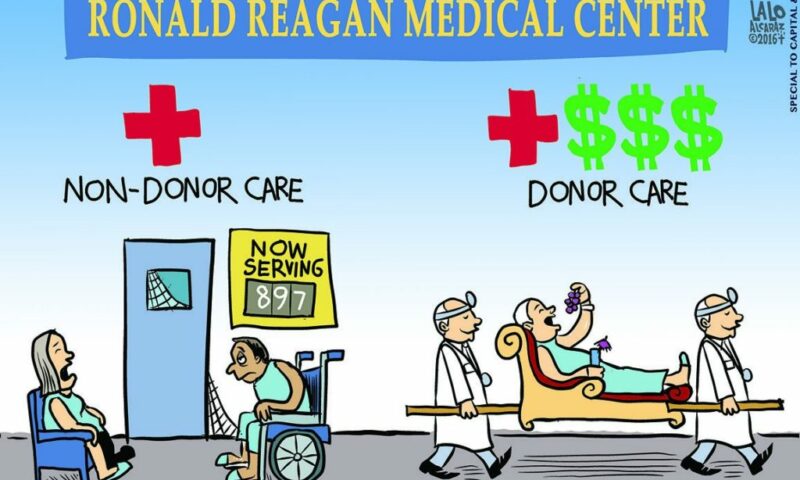
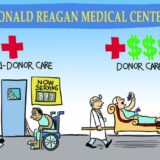
How do you get the best quality health care in the University of California’s renowned public medical system? At UCLA’s Ronald Reagan Medical Center it’s a gold-colored wallet card with a personalized number to call. When flashed from a gurney in the ER (or at a club to impress friends), the card means one thing: The patient in question is a VIP.


One of the wryest moments in Karen Rizzo’s insightful one-act comes when Lee (Mark Carapezza), a sculptor attending a dinner party with his wife, blinks with bewilderment as he clutches a glass of $2,500-a-bottle Scotch in one hand and a goblet of chichi red wine in the other.


Everybody knows that sunflowers turn their heads toward the sun. But until now no one knew whether the movement simply followed the sun’s arc, or whether some internal rhythm guided the plants. Now we have a clue.


Last week was a turning point. The U.S. Department of Justice’s (DOJ) announcement that it will wind down its use of private prisons is a major step in the struggle to end for-profit incarceration in America.
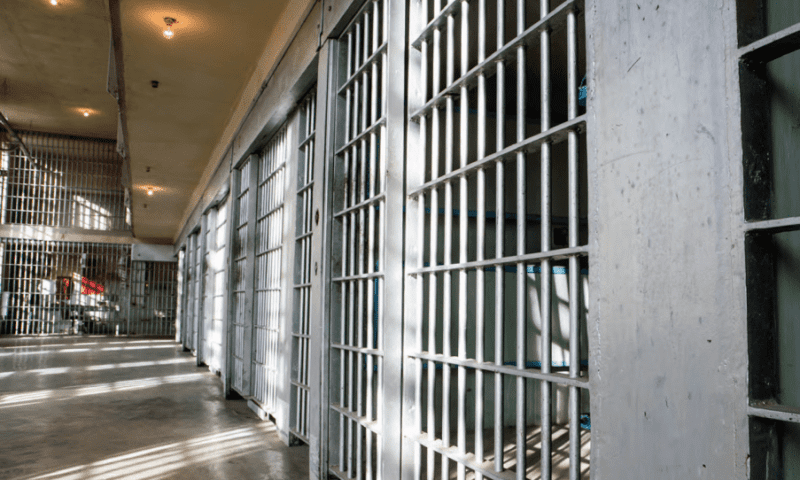

The U.S. Department of Justice (DOJ) just announced its plans to end its use of privately operated, for-profit prisons to incarcerate federal prisoners.


Co-published by TIME.
Alissa Quart reports on how parents are navigating the increasingly expensive and unequal world of daycare.
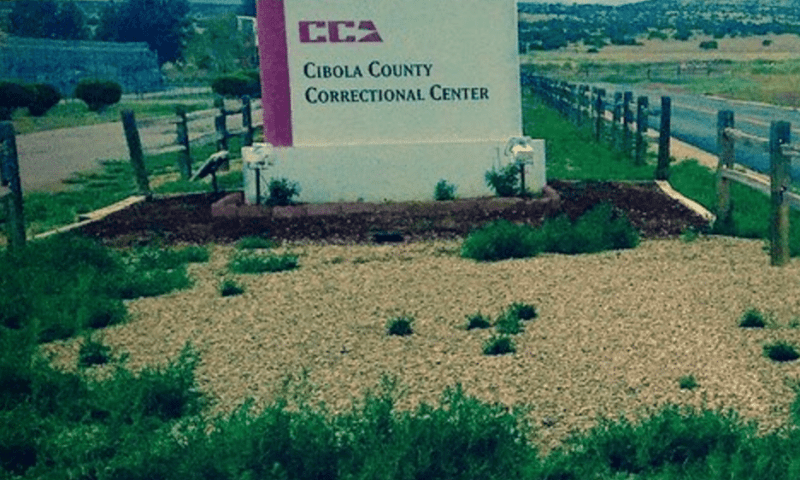

Two weeks ago, the country’s second largest private prison company told its investors it had some bad news…
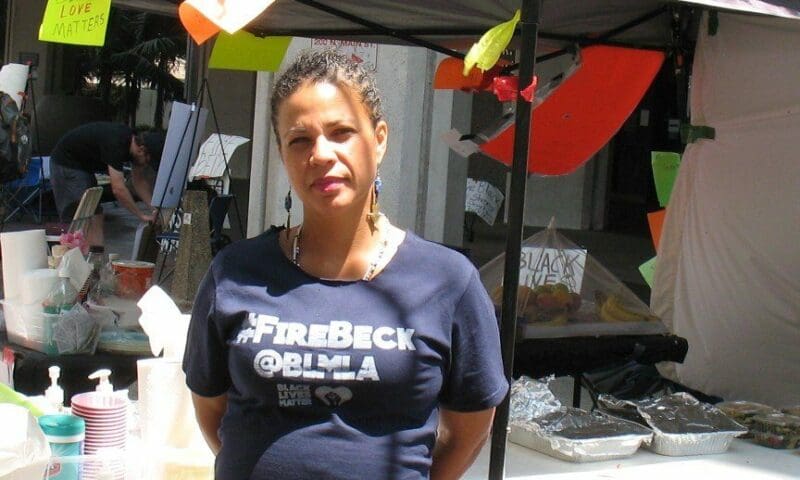

This past Saturday marked the 26th day of a City Hall sit-in by activists from Black Lives Matter Los Angeles, a protest that shows no signs of ending any time soon. The group vows to stay encamped in front of the James K. Hahn annex until Mayor Eric Garcetti fires Los Angeles Police Department Chief Charlie Beck or Beck resigns.


As long as I can remember, there’s been an argument over policing in the black community. Do police patrol more intensely because the crime rate is higher there, or do higher crime statistics result from heightened levels of policing?
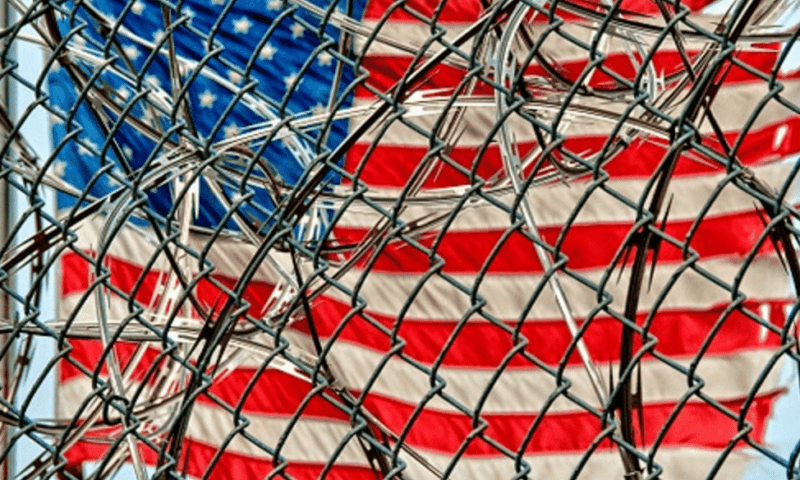
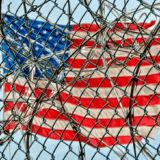
Sometimes knowing where someone stands on an issue is pretty straightforward. We can be sure about this: the private prison industry doesn’t share our goal of ending mass incarceration.
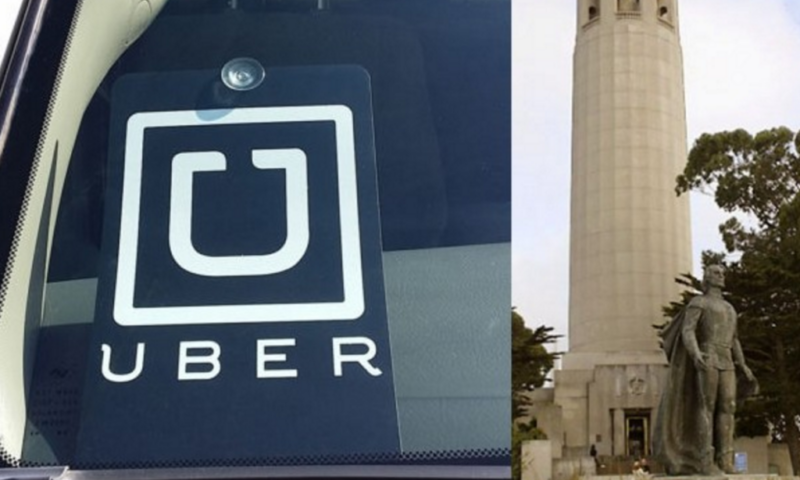
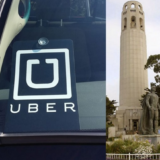
Co-published by Fast Company
It’s not easy being nobody, especially when you used to be somebody. But times are tough; jobs are scarce. When you’re falling straight down the financial cliff face, you reach out to grab hold of anything available to stop your descent and there, just before you land in a homeless shelter or move in with your sister, is Uber.
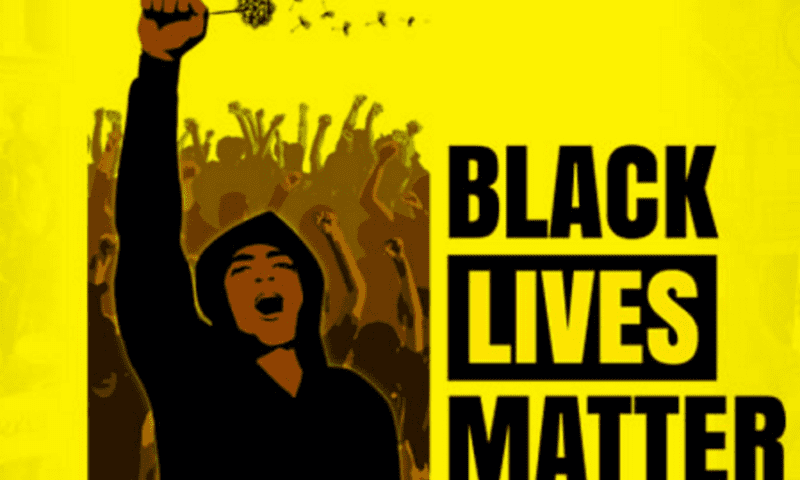
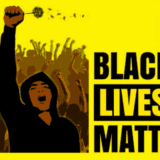
A sober New York Times headline last weekend described what many assume has been a dramatic change in fortune for Black Lives Matter, the de facto civil rights movement of the day. “Black Lives Matter Was Gaining Ground,” it read. “Then a Sniper Opened Fire.”


Last month millions of undocumented immigrants were left in legal limbo when a divided U.S. Supreme Court let stand a lower court ruling that had blocked President Barack Obama’s executive action on immigration.


Of all industrialized countries in the world, we’re the only one that doesn’t guarantee full-time employees a paid break.
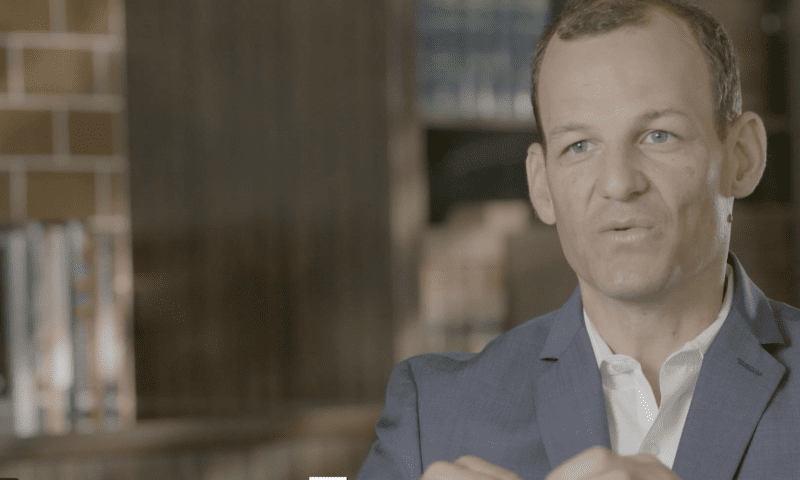
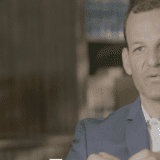
“Uncovered California” is a three-part series of stories and videos examining how the Golden State is trying to fill holes in its health care coverage.
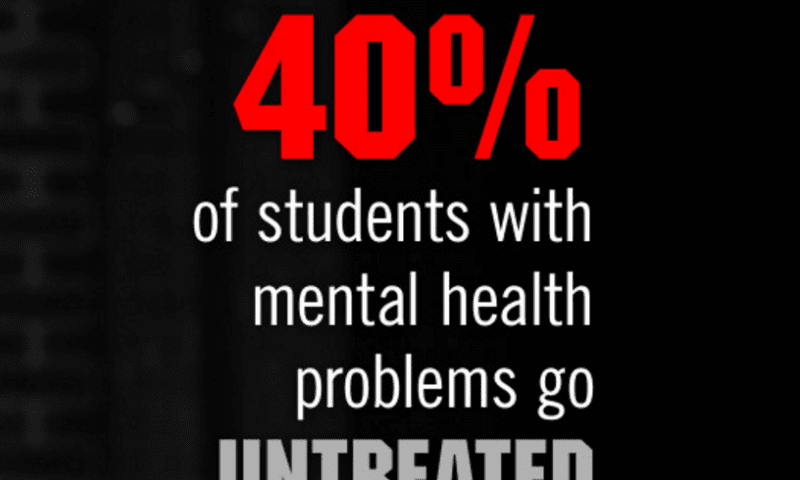
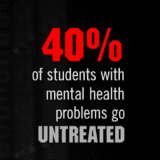
Surveys suggest that somewhere in the region of one in four community college students will experience a diagnosable mental health problem at some point, but approximately 40% of them won’t seek timely help.
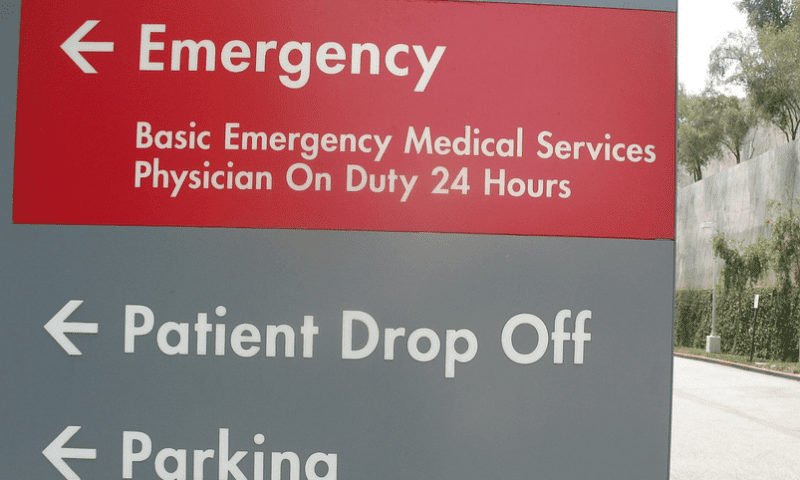

“Right now, I have a medicine sitting at Wal-Mart pharmacy that I can’t purchase till payday,” Jacqueline, a 55-year-old San Diegan told me during a telephone interview in mid-April. She asked that her last name not be used for this story. “I’ll go without, eight or nine days till payday. It’s for my high cholesterol.”
Five years after the Affordable Care Act became law, and more than three years after California began moving aggressively to implement its provisions, upwards of three million Californians remain without health care coverage; and millions more, like Jacqueline, have basic coverage but continue to be grievously under-insured.This is the story of how so many Californians continue to fall through the ACA’s cracks.
“Uncovered California” is a three-part series of stories and videos examining how the Golden State is trying to fill holes in its health care coverage. Sasha Abramsky’s articles look at working people who are falling through coverage cracks,
» Read more about: Uncovered California: Why Millions Have Fallen Into Health Care Gaps »


Private prison companies are extremely secretive, but in the last few weeks we’ve gotten two powerful glimpses of how these companies harm prisoners and the people that work for them.
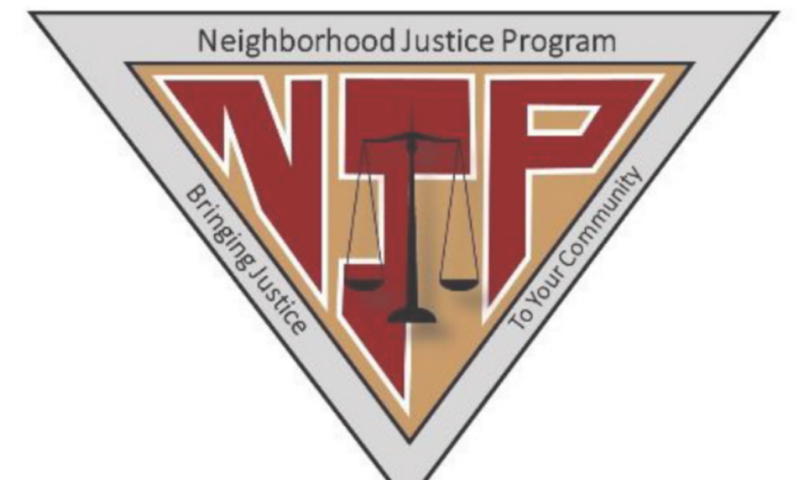
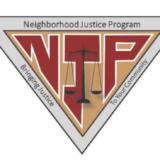
Almost 120,000 misdemeanor crimes are reviewed for criminal filing by the Los Angeles City Attorney’s office each year. This high volume of cases, coupled with reductions in court resources, make it nearly impossible to consider each person’s situation individually.
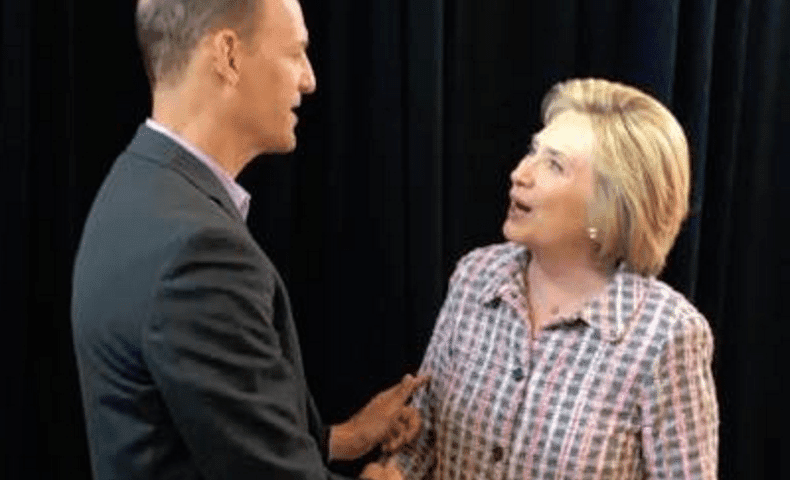

As the June 15th deadline for a California budget approaches, Kevin McCarty finds himself a power broker in a fight over billions of dollars of funding for the University of California.